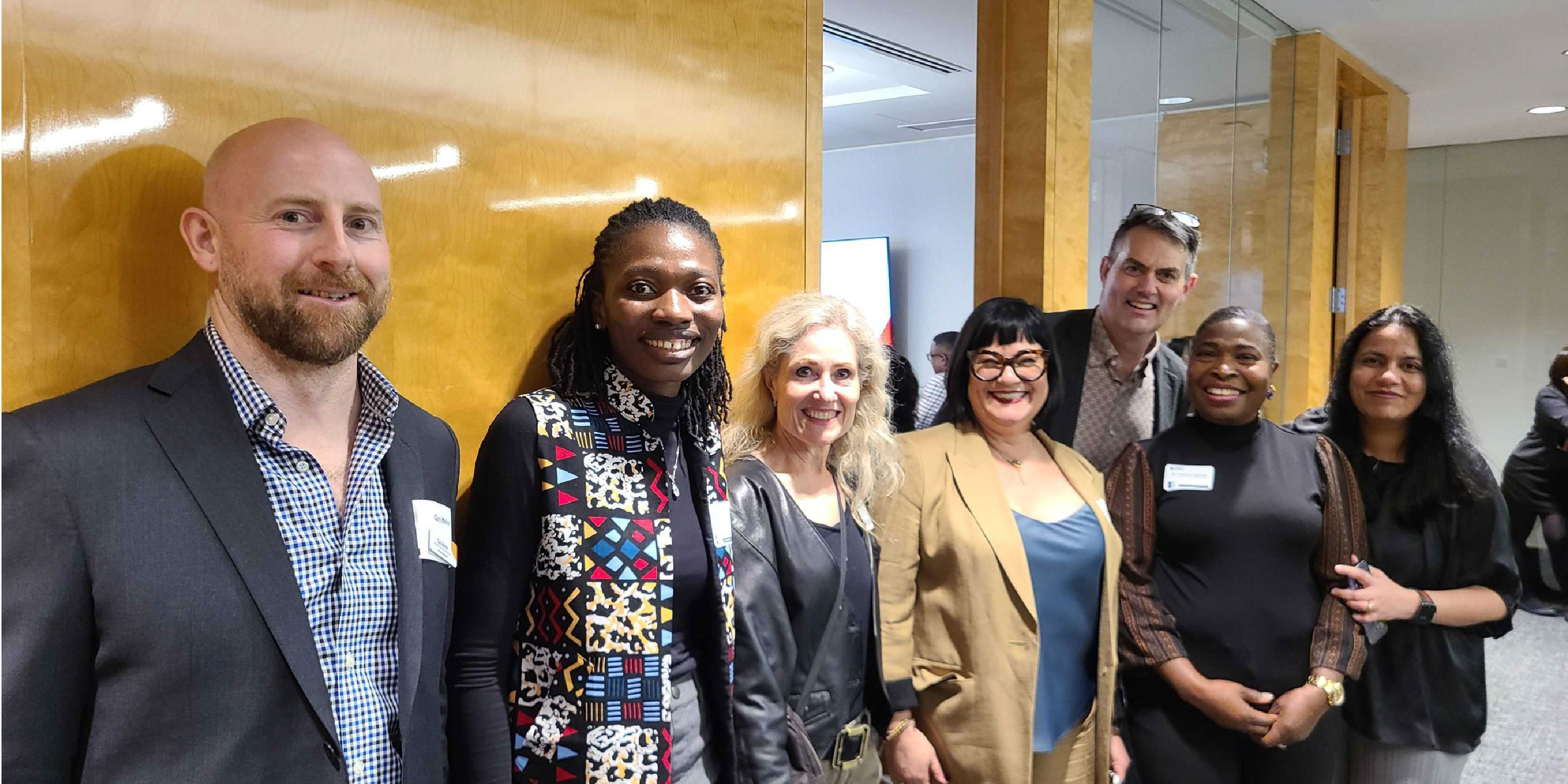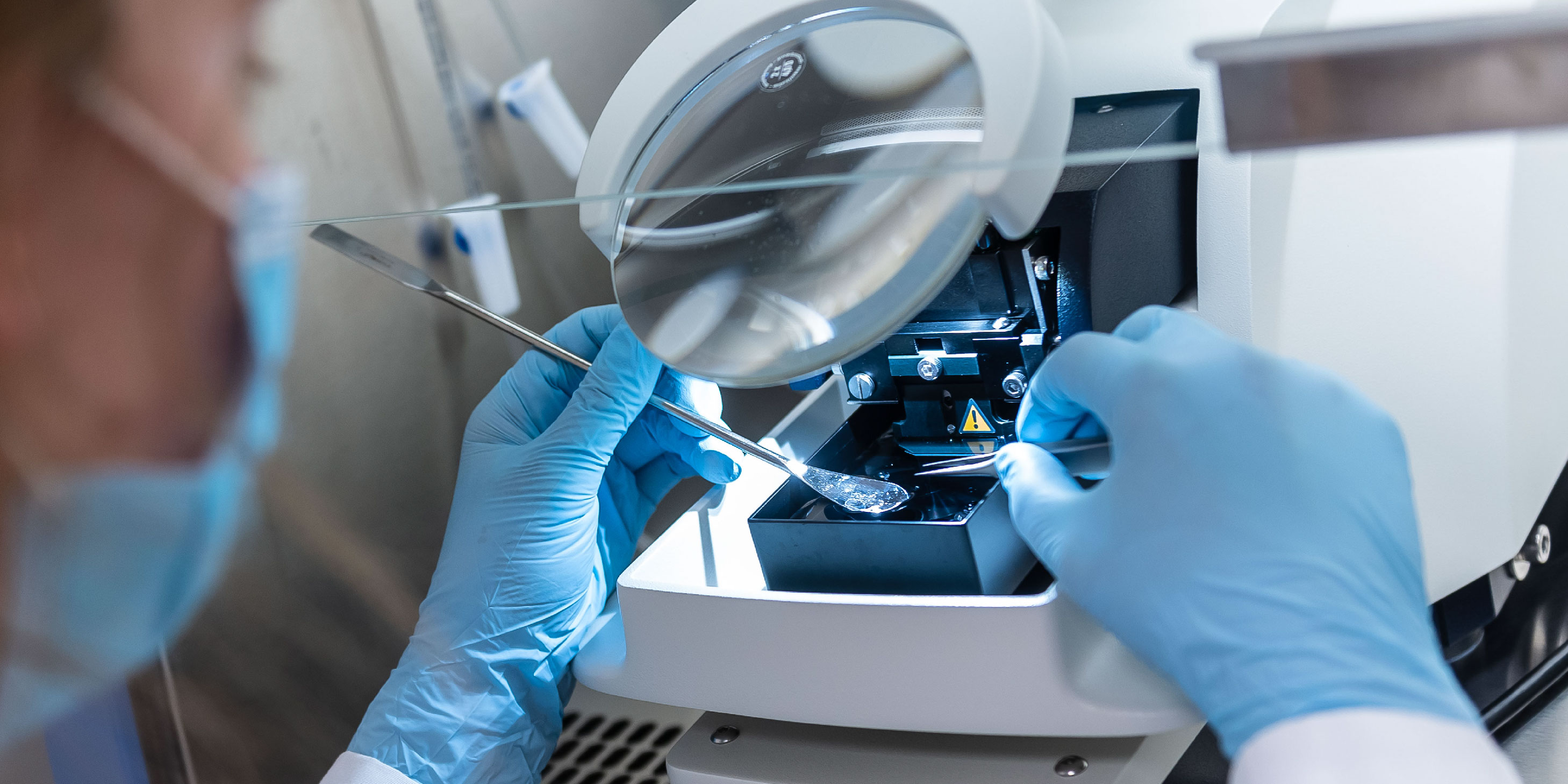Discover how UBC innovations are changing the world
Innovation UBC is a cornerstone for translating innovation to impact. Our commitment builds on UBC's notable achievements, including the creation of 284 spin-off companies, extensive entrepreneurial education, over 500 active licensing agreements, and establishing thousands of research partnerships each year with industry, government and non-profit organizations.
Find out about the latest events, opportunities, announcements, updates and media stories that showcase our collective achievements and contributions to innovation at UBC!




